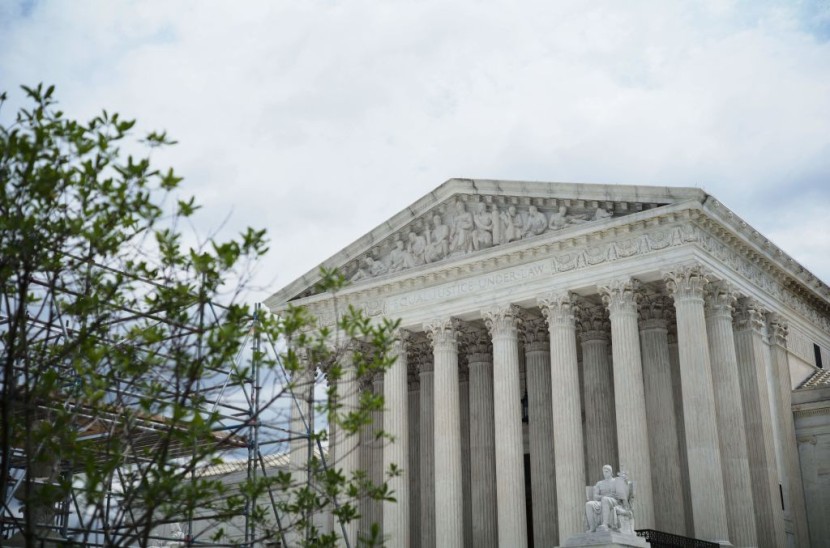
The United States Supreme Court upheld two Republican-led Arizona voting restrictions on Thursday, despite claims of discrimination against minority voters and implementing new limitations on the Voting Rights Act.
The court finalized the vote with a 6-3 decision that would uphold Arizona's policy which allows authorities to invalidate ballots cast in the wrong precinct. The ruling also upholds legislation that criminalizes third-party community groups or campaigns trying to collect mail ballots.
Discriminatory Voting Laws
Democrats have previously claimed that the two restrictions were discriminating towards Latino and Native American voters based on the data. They argued it was against Section 2 of the Votings Rights Act that prohibited a policy from denying a person's right to vote on account of race or color.
Justice Samuel Alito, who represented the six conservatives, argued Section 2 was made for equal openness to voting and not equal outcomes. He added that the legislation's reference could stretch the definition of equal "opportunity" to some degree. Alito argued inconvenience could not be used as an excuse to violate the law.
Several civil rights advocates, Democrats, and the three liberal justices of the court warned against the decision's more firm approach to racial in regards to voting. They argued it would weaken Congress' intended protections, ABC News reported.
Justice Elena Kagan claimed the majority wronged the Votings Rights Act, saying they made a cramped reading to a broad language. She argued they took advantage of the reading to uphold two of Arizona's election laws that discriminated against minority voters.
Kagan added that the most significant impact of the ruling was that it weakened a statute that stood as the country's best protection against the basest impulses. She said they were attacking a statute that was designed to end voting discrimination.
Finalized Decision
The court finalized the decision amid several disputes over voting laws that have become the center of lawmakers' attention. It is expected to draw Congress' attention and force hands to address new state voting restrictions.
The For the People Act, which is being supported by Democrats, is a new, ambitious bill that was recently stalled in the Senate, which is now equally divided between Republicans and Democrats.
The proposal has very little chance of being passed into law unless moderate Democrats change their mind and agree to change Senate filibuster rules to allow a simple majority to pass the bill, instead of the current requirement of 60 votes, the New York Times reported.
Both laws were needed to prevent fraud, Arizona Republicans and the Republican National Committee who supported the bills said. However, the 9th U.S. Circuit Court of Appeals ruled that fraud was not evident but rather there was evidence in support of the two provisions that denied minority voters from casting their votes.
Ballot collectors were needed in some large, rural areas in the remote parts of the state due to limited access to post offices or postal routes. The court argued residents who did not have vehicles had no way to send their ballots in without third-party collectors gathering them up and sending them themselves, NPR reported.








